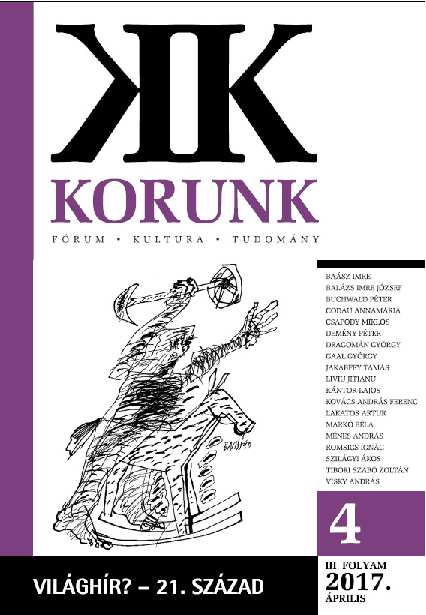Az MSZMP KB állásfoglalása Ceauşescu Romániájáról
(1971. január 26.)
The Hungarian Socialist Workers’ Party on Romania under the Leadership of Nicolae Ceauşescu (26 January 1971)
Author(s): Arthur LakatosSubject(s): Post-War period (1950 - 1989)
Published by: Korunk Baráti Társaság
Keywords: Nicolae Ceauşescu; industrialization;foreign policy; Warsaw Pact;socialist Romania; July thesis
Summary/Abstract: This study illustrates the attitude of the leadership of the Hungarian Socialist Worker’s Party toward the evolutions of economic and political life in the neighboring Romania, a maverick of the Socialist system from East-Central Europe. Under the leadership of Nicolae Ceauşescu, socialist Romania took a certain distance from the Soviet Union, and adapted a largely neutral position in its ideological debate with Maoist China, even approaching Western capitalist countries to a certain extent. In matters of foreign trade, Romania tried to play a major role in exporting raw materials, as well as technology to developing countries. Simultaneously, Romania also tried to import industrial technology from the West. These processes were intensely monitored by the rest of the states of the Warsaw Pact, including Hungary, lead at that time by János Kádár. The document presented in this study is a perfect synthesis and illustration of the Hungarian perceptions of Romanian trends during 1971, especially concerning investments in developing the economy.
Journal: Korunk
- Issue Year: 2017
- Issue No: 04
- Page Range: 94-102
- Page Count: 9
- Language: Hungarian

